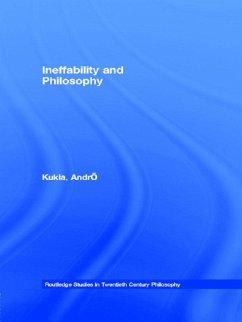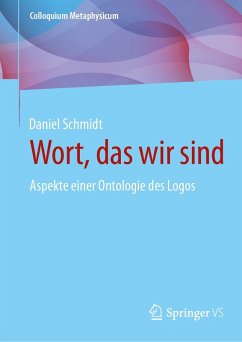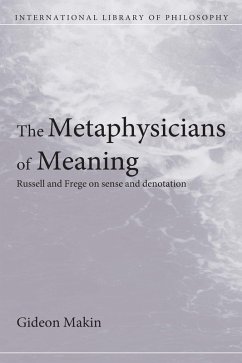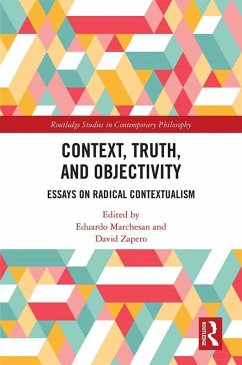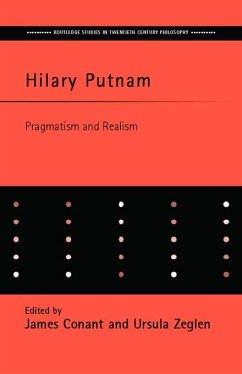
Ineffability and Philosophy (eBook, PDF)
Versandkostenfrei!
Sofort per Download lieferbar
45,95 €
inkl. MwSt.
Weitere Ausgaben:

PAYBACK Punkte
23 °P sammeln!
Presenting a fascinating analysis of the idea of what can't be said, this book ascertains whether the notion of there being a truth, or a state of affairs, or knowledge that can't be expressed linguistically is a coherent notion. The author distinguishes different senses in which it might be said that something can't be said.The first part looks at the question of whether ineffability is a coherent idea. Part two evaluates two families of arguments regarding whether ineffable states of affairs actually exist: the argument from mysticism and the argument from epistemic boundedness. Part three l...
Presenting a fascinating analysis of the idea of what can't be said, this book ascertains whether the notion of there being a truth, or a state of affairs, or knowledge that can't be expressed linguistically is a coherent notion. The author distinguishes different senses in which it might be said that something can't be said.
The first part looks at the question of whether ineffability is a coherent idea. Part two evaluates two families of arguments regarding whether ineffable states of affairs actually exist: the argument from mysticism and the argument from epistemic boundedness. Part three looks more closely at the relation between mystic and non-mystic stances. In the fourth and final part the author distinguishes five qualitatively different types of ineffability.
Ineffability and Philosophy is a significant contribution to this area of research and will be essential reading for philosophers and those researching and studying the philosophy of language.
The first part looks at the question of whether ineffability is a coherent idea. Part two evaluates two families of arguments regarding whether ineffable states of affairs actually exist: the argument from mysticism and the argument from epistemic boundedness. Part three looks more closely at the relation between mystic and non-mystic stances. In the fourth and final part the author distinguishes five qualitatively different types of ineffability.
Ineffability and Philosophy is a significant contribution to this area of research and will be essential reading for philosophers and those researching and studying the philosophy of language.
Dieser Download kann aus rechtlichen Gründen nur mit Rechnungsadresse in A, B, BG, CY, CZ, D, DK, EW, E, FIN, F, GR, HR, H, IRL, I, LT, L, LR, M, NL, PL, P, R, S, SLO, SK ausgeliefert werden.




